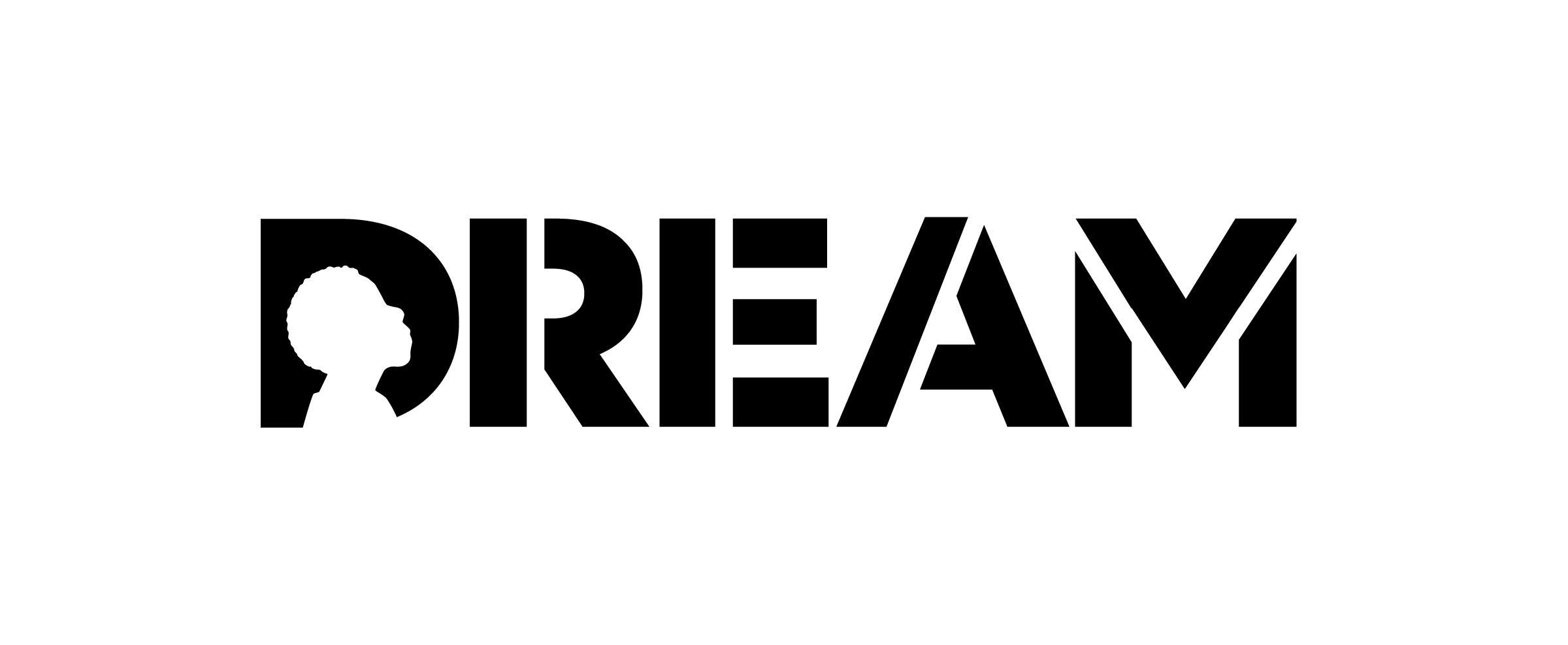
At Warren Academy, we love sports! We ARE sports! We take pride in shaping and fine tuning young athletes through high school, through college and even helping them move on to the pros. Recently we had two outstanding young men drafted to play professional football. One will play for the Denver Broncos, while the other will play for the Minnesota Vikings.
But how did they do it? How did they take a high school career and make it flourish into a collegiate and professional career? While it takes an incredible amount of hours in the gym training and practicing, it takes even more time in the classroom. To compete at the division one athletic level in college, all student athletes must meet all the following requirements by the time you graduate high school:
- Complete 16 core courses
- Four years of English
- Three years of math (Algebra 1 or higher)
- Two years of natural/physical science
- One additional year of English, math or natural/physical science
- Two years of social science
- Four additional years of English, math, natural/physical science, social science, foreign language, comparative religion or philosophy
- Complete 10 core courses, including seven in English, math or natural/physical science, before your seventh semester. Once you begin your seventh semester, you may not repeat or replace any of those 10 courses to improve your core-course GPA.
- Earn at least a 2.3 GPA in your core courses.
- Earn an SAT combined score or ACT sum score matching your core-course GPA on the Division I sliding scale, which balances your test score and core-course GPA. If you have a low test score, you need a higher core-course GPA to be eligible. If you have a low core-course GPA, you need a higher test score to be eligible.
Once our athletes make it to college, it can be tricky to stay eligible to compete. There are many distractions. That’s where we want to help you stay on track. There are three simple tips to staying strong in the classroom and on the field.
Stay organized
Keeping a planner or agenda is a great way to manage your time. Teachers provide syllabuses at the beginning of the school year outlining important due dates and exams. In addition, sports practices and games are generally predetermined as well.
We recommend comparing your schedules and making an agenda ahead of time in order to plan accordingly. For example, if you know you have basketball practice on Tuesday and Thursday and a biology test on Friday, plan to use Monday and Wednesday evenings to study!
Sports aid academic success, not hinder
Believe it or not, school athletics are meant to help you excel! In fact, statistically speaking, students that participate in team sports are more likely to have higher grade point averages.
In addition, students involved in sports have a more positive attitude towards school and are generally higher achievers. If you find school athletics are hurting your academic progress, it’s important to start planning more effectively. Sports are meant to help your education, not hinder it!
Academics ARE IMPORTANT
It is important to remind yourself that your education ultimately should come first. The true purpose of school sports is to help build valuable team-playing and time management skills that complement your academic success and your college applications. Regardless of how skilled a student may be at a given sport, all schools have a minimum GPA requirement.
Although we’ve all heard the incredible stories about talented high school athletes being drafted into college or pro teams, the fact is, this rarely happens. According to the NCAA, only 7% of students that play sports in high school will move on to NCAA athletics. Considering these competitive figures, a student that has succeeded in school sports in addition to having good grades will undoubtedly appear more impressive on any college application.
DREAM, one of the Midwest’s well-known youth mentoring organizations, provides life-changing and life-enriching experiences to at-risk youth through mentoring and after-school programs in Omaha, Nebraska, and Springfield, Missouri. Their proven approach puts children in a comfortable setting where they’re encouraged to discuss openly, learn, and grow as individuals. Are you interested in getting involved with DREAM? Contact us today.


